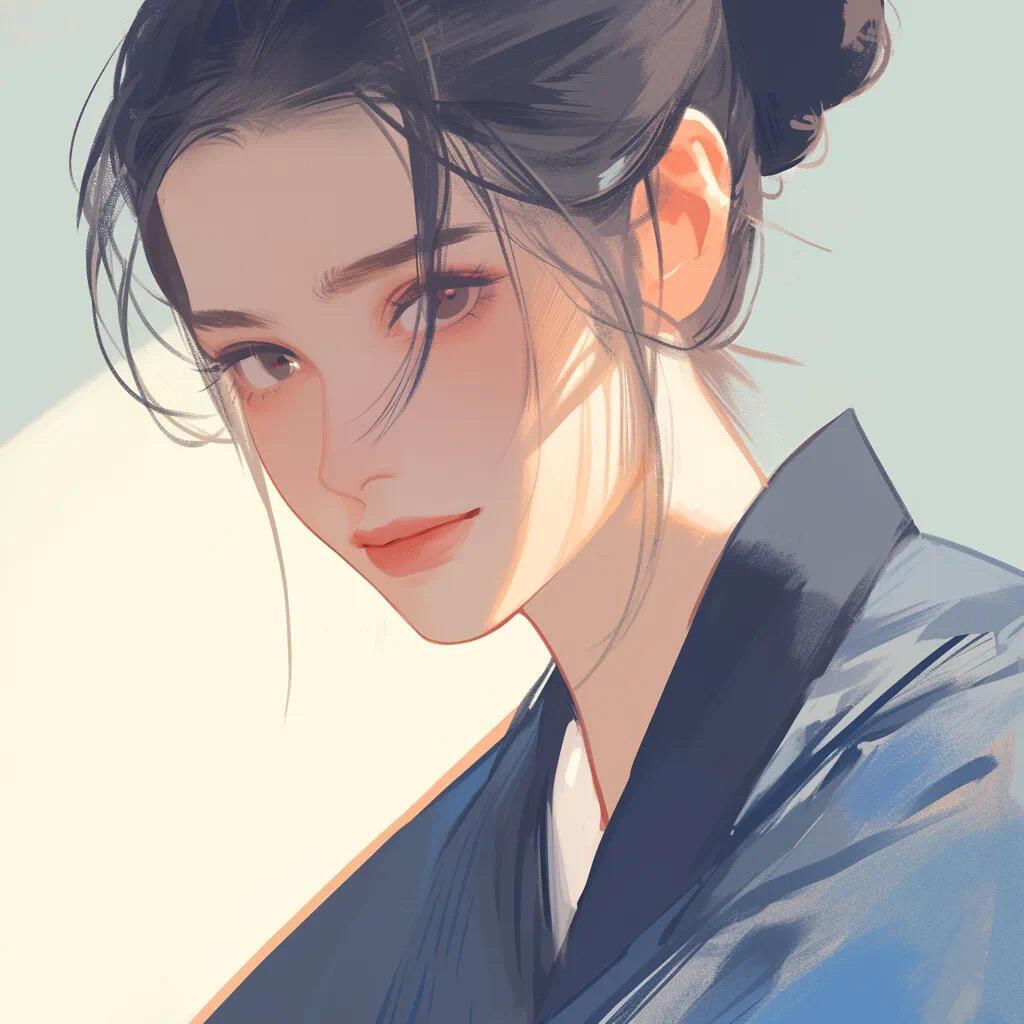In a peaceful and quaint small town, the warm sunlight spills onto the streets paved with bluestone slabs. The gentle breeze gently blows, bringing a hint of fresh air. However, this seemingly beautiful town has a worrying problem - the children here all dislike reading and spend their days playing and frolicking.
In the streets and alleys of the small town, one can always see the figures of children running and playing. They chase butterflies and play by the stream, as if books and knowledge are distant existences that have nothing to do with them. The adults see this and are extremely worried, but there is nothing they can do. They have also tried to persuade the children to read and study, but the children always listen with one ear and then forget it immediately, and in an instant, they are back to their joyful play.
Just when the people in the small town were deeply worried about the children's future, the Star God of Literature saw this scene from above the clouds. He felt pity and decided to change the fates of these children. The Star God of Literature, this deity who represents wisdom and talent in Taoist mythology, deeply knows the power of knowledge and the importance of learning. He decided to descend to the mortal world himself and come to this small town to open the door to wisdom for the children.
So, the Star God of Literature transformed into an amiable teacher. Wearing a plain robe and holding an ancient book, he slowly walked into the small town. He opened a school in the central location of the small town. Although the school building was simple, it was filled with the aroma of books. The Star God of Literature stood at the school gate, smiling and welcoming every child who came to register.
At first, the children were full of curiosity about this new teacher, but when they learned that they had to read and study, reluctance showed on their faces again. However, the Star God of Literature was not discouraged by this. He knew that to stimulate the children's interest in learning, he had to adopt vivid and interesting teaching methods.
In class, the Star God of Literature no longer uses the traditional teaching method of rote memorization. Instead, he lets the children learn knowledge in a relaxed and pleasant atmosphere through telling stories and playing games. He tells the children stories of ancient sages, letting them understand the value and significance of knowledge. He also organizes activities such as poetry competitions and calligraphy competitions to stimulate their sense of competition and enthusiasm for learning.
For example, when telling the story of Confucius, the Star God of Literature vividly described Confucius's life, how he traveled around various states to spread his thoughts; how he taught students and cultivated many talents. The children listened with great interest, as if they were also in that ancient era, discussing the true meaning of life with Confucius. The Star God of Literature also let the children play the roles of Confucius's students and simulate the scene of Confucius giving lectures, so that they could understand Confucius's thoughts more deeply.
In the poetry competition, the Star God of Literature asked the children to recite their favorite poems and explain their meanings. The children actively participated and showed their talents one after another. Some children recited Li Bai's "Invitation to Wine", "Do you not see, the Yellow River comes from the sky, rushing into the sea and never returning. Do you not see, in the bright mirrors of high chambers, sad white hair, like morning frost turning into snow at dusk." They interpreted the poet's boldness and unrestrainedness with their childish voices; some children recited Du Fu's "Spring View", "The country has been broken, but the mountains and rivers remain. In the spring in the ruined city, grass and trees grow thickly. Feeling the times, flowers shed tears. Hating separation, birds startle the heart." They experienced the poet's concern for the country and the people. The Star God of Literature fully affirmed and encouraged the children's performances, making them feel the joy and sense of accomplishment of learning.
In addition to classroom teaching, the Star God of Literature also pays attention to cultivating the children's moral character. He teaches the children to be honest and trustworthy, respect the elderly and love the young, and be united and friendly, so that they understand the principles of being a person. In Taoist thought, moral cultivation is a very important part. Taoism emphasizes that "Tao is manifested through virtue", believing that only through good moral cultivation can one truly understand the true meaning of Tao. The Star God of Literature sets an example by his own actions, influencing the children with his words and deeds. He cares about the growth of every child, patiently answers their questions, and makes the children feel the teacher's care and warmth.
Under the teachings of the Star God of Literature, the children gradually changed. They no longer played and frolicked all day long but instead devoted more time and energy to learning. They became diligent and eager to learn. Every day, they came to school early, listened carefully, and actively answered questions. After class, they would also take the initiative to read books and expand their knowledge. They no longer felt that learning was a boring thing but found joy and a sense of accomplishment in it.
As time passed, the children grew up under the teachings of the Star God of Literature. They not only learned rich knowledge but also cultivated good moral character. When they grew up, they all became talented people. Some became poets and painters, and some became scholars and politicians. They used their talents and wisdom to contribute to the development of the small town.
The people in the small town saw the changes in the children and were filled with gratitude. They knew that all this was due to the teachings of the Star God of Literature. They came to the school one after another to express their thanks to the Star God of Literature. The Star God of Literature looked at them with a smile and said, "This is the result of the children's own efforts. I just opened a door for them. I hope they can continue to work hard and strive for their dreams."
The teachings of the Star God of Literature are like a bright lamp, illuminating the children's way forward. With his wisdom and love, he changed the children's fates and brought hope to the small town. In Taoist thought, education is a sacred mission. It can not only impart knowledge but also cultivate people's moral character and let people understand the true meaning of Tao. The Star God of Literature used his actions to interpret the profound connotation of Taoist educational thought and set an example for future generations.
The story of this small town also makes us deeply realize the importance of education. In any era, education is an important force in cultivating talents and promoting social progress. We should be like the Star God of Literature, pay attention to the growth of children, provide them with a good educational environment, stimulate their interest in learning, and cultivate their moral character. Only in this way can we cultivate more talented and virtuous people and make greater contributions to the development of society.



